Chaos Magick encompasses a wide range of practices and techniques, many of which are eclectic and adaptable. Some of the common practices include:
•
Sigil Magick: One of the most well-known Chaos Magick techniques involves creating and charging sigils – abstract symbols that represent a magician's desire. The process often involves intense focus and altered states of consciousness.
•
Invocation and
Evocation: Chaos Magicians may call upon deities, spirits, or other entities as a means to tap into their power or knowledge. These rituals are often personalized and eclectic.
• Meditation and Visualization: As with other magical traditions, meditation and visualization play a significant role in Chaos Magick, helping practitioners focus their intent and direct their will.
• Psychodrama: This involves the use of psychological techniques and dramatic performances to change one's beliefs and achieve specific outcomes. It can be highly personalized and creative.
• Belief Bending: Practitioners of Chaos Magick frequently engage in "belief bending" – deliberately altering their belief systems and worldviews to suit their needs. This process may involve adopting contradictory beliefs simultaneously.


